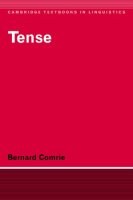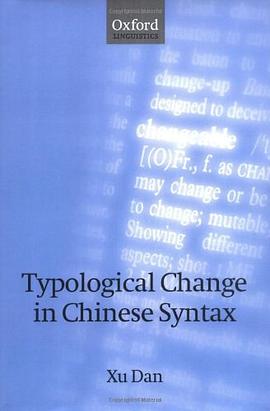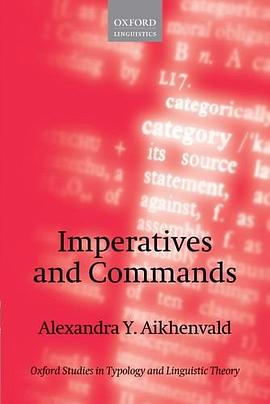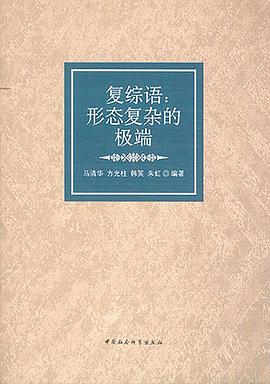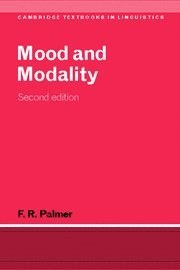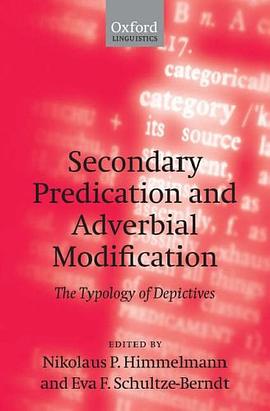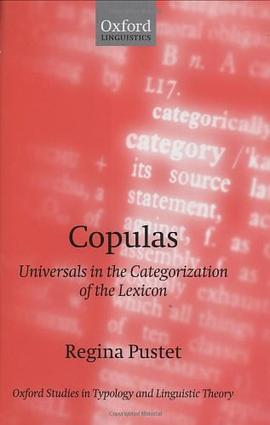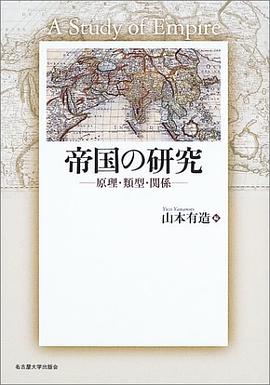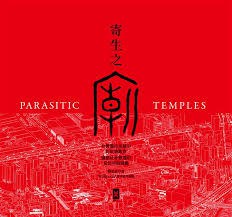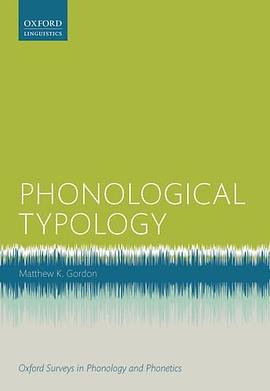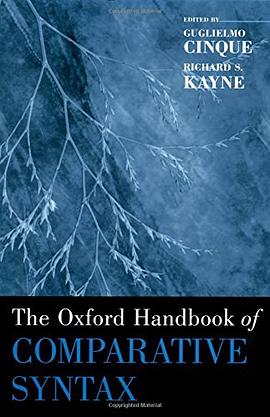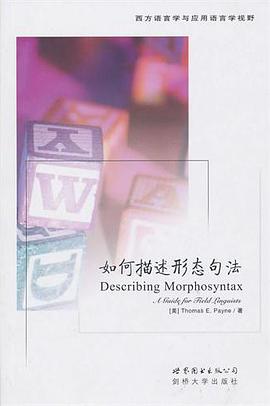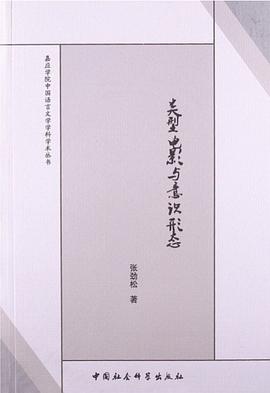

This book shows that every language has an adjective class and how such classes vary. The opening chapter considers current generalizations about the nature and classification of adjectives and sets out the cross-linguistic parameters of their variation. Thirteen chapters then explore adjective classes in languages from North, Central and South America, Europe, Africa, Asia and the Pacific. Studies of well-known languages such as Russian, Japanese, Korean and Lao are juxtaposed with the languages of small hunter-gatherer and slash-and-burn agriculturalist groups. All are based on fine-grained field research. The nature and typology of adjective classes is then reconsidered in the conclusion. The authors reveal that the grammatical properties of the adjective class may be similar to nouns or verbs or both or neither; that some languages have two kinds of adjectives, one hard to distinguish from nouns and the other from verbs; and that the adjective class can sometimes be large and open, and in other cases small and closed. The book will interest scholars and advanced students of language typology and of the syntax and semantics of adjectives. 'Dixon's introductory chapter, "Adjectival classes in typological perspective", is clearly destined to be a classic in the field...This volume will clearly be useful to anyone interested in adjectives and the nature of linguistic categorization.' Gary Holton, Linguist List
具體描述
讀後感
評分
評分
評分
評分
用戶評價
相關圖書
本站所有內容均為互聯網搜索引擎提供的公開搜索信息,本站不存儲任何數據與內容,任何內容與數據均與本站無關,如有需要請聯繫相關搜索引擎包括但不限於百度,google,bing,sogou 等
© 2025 qciss.net All Rights Reserved. 小哈圖書下載中心 版权所有

